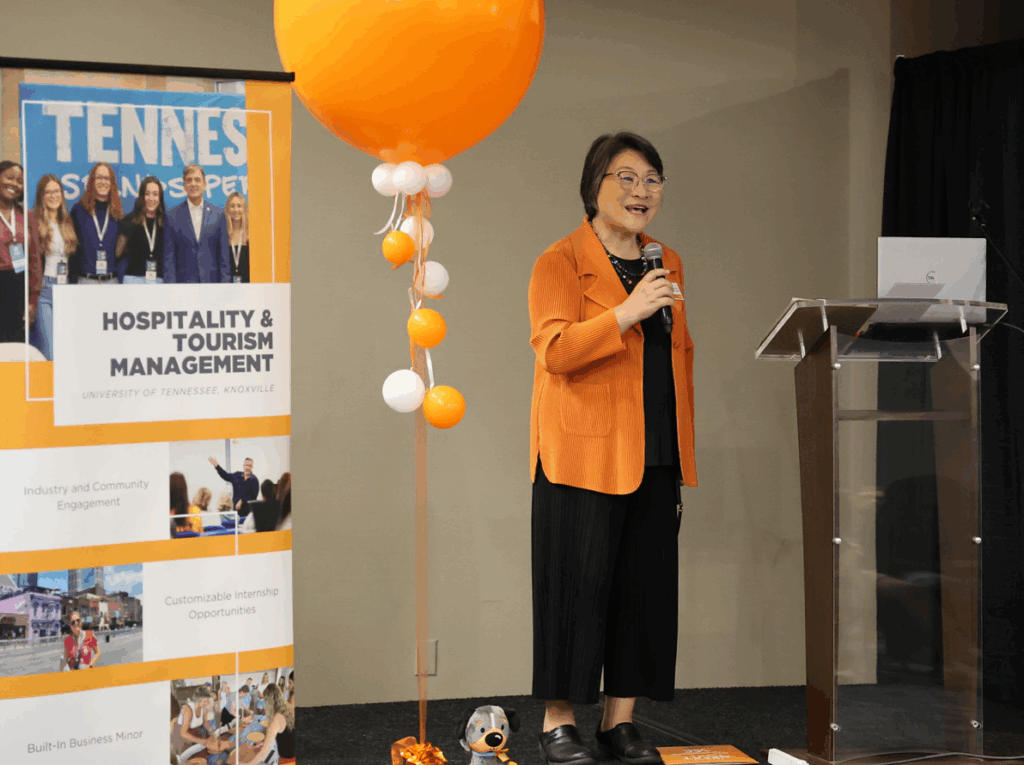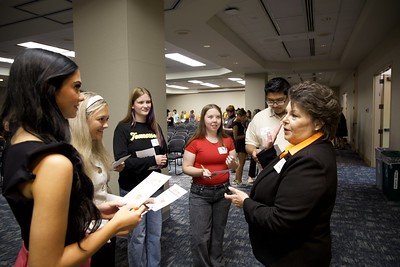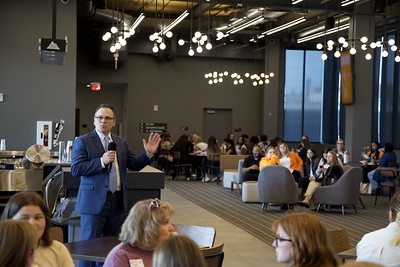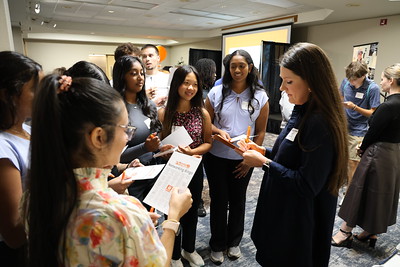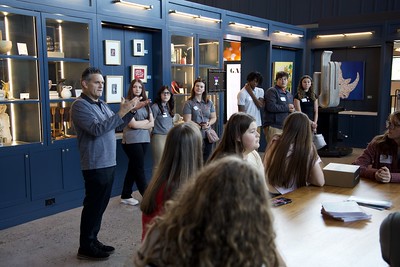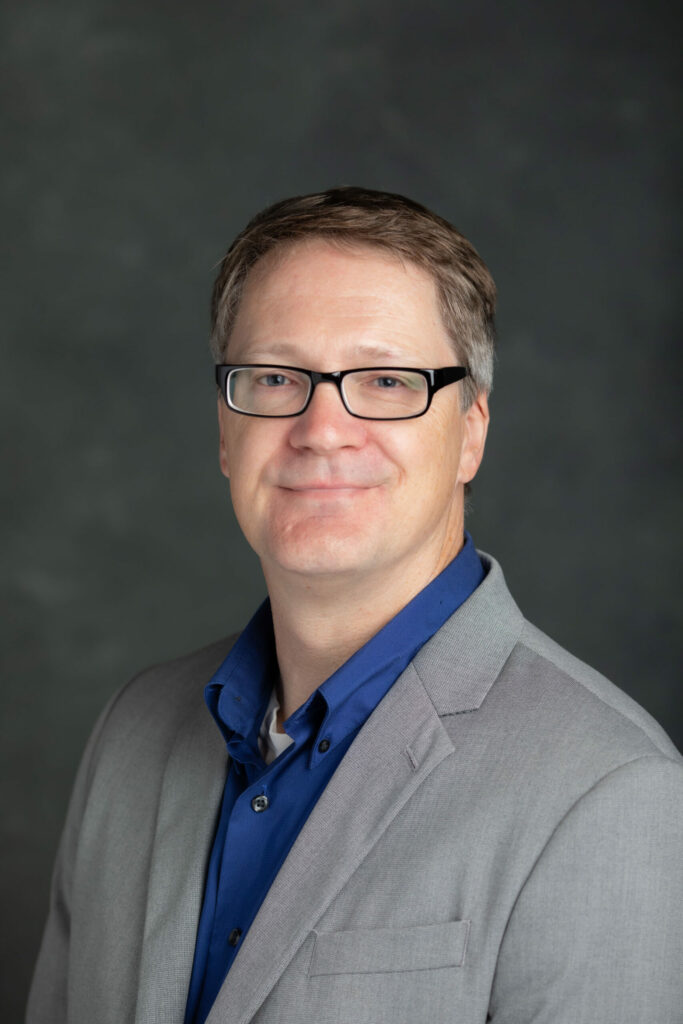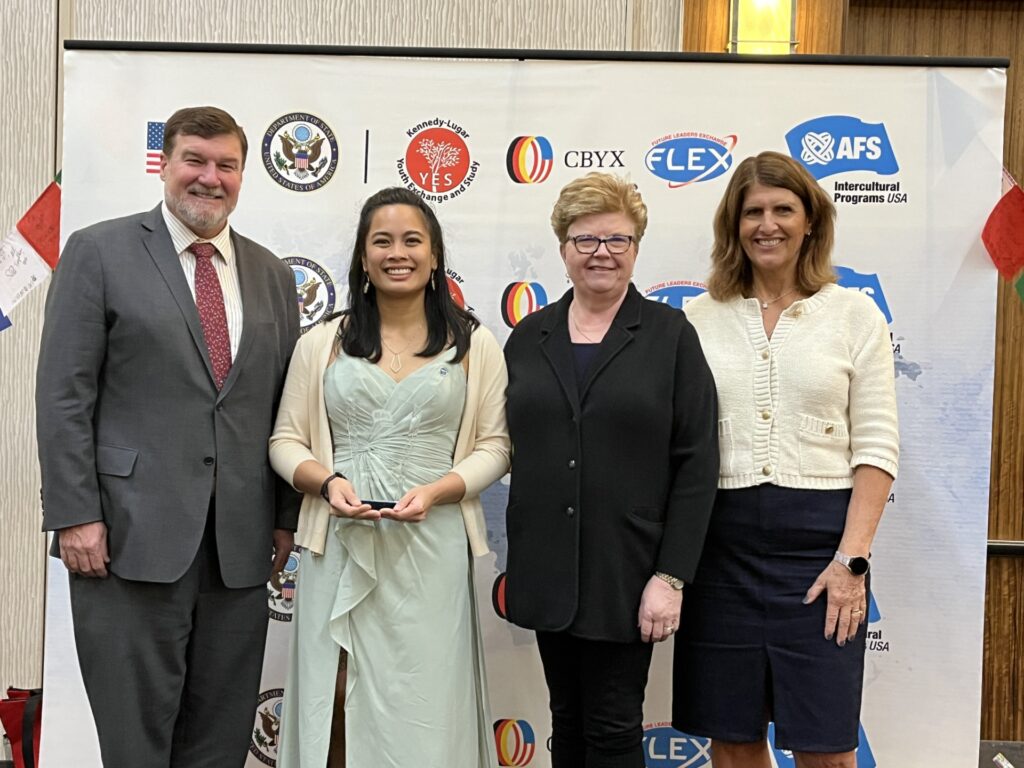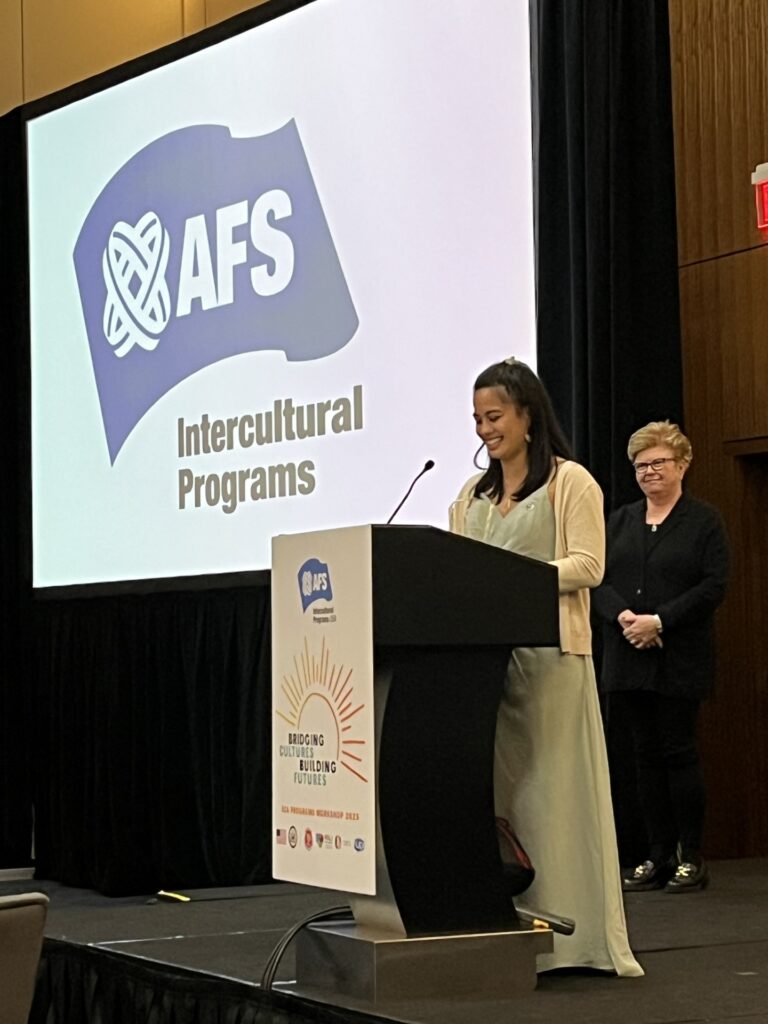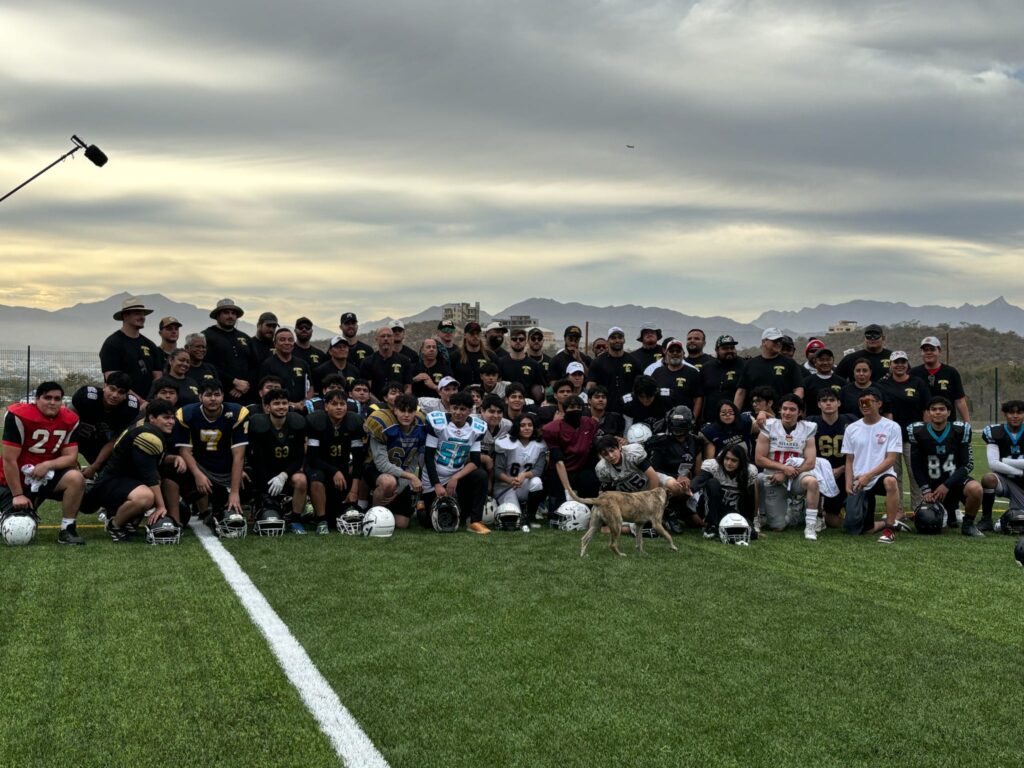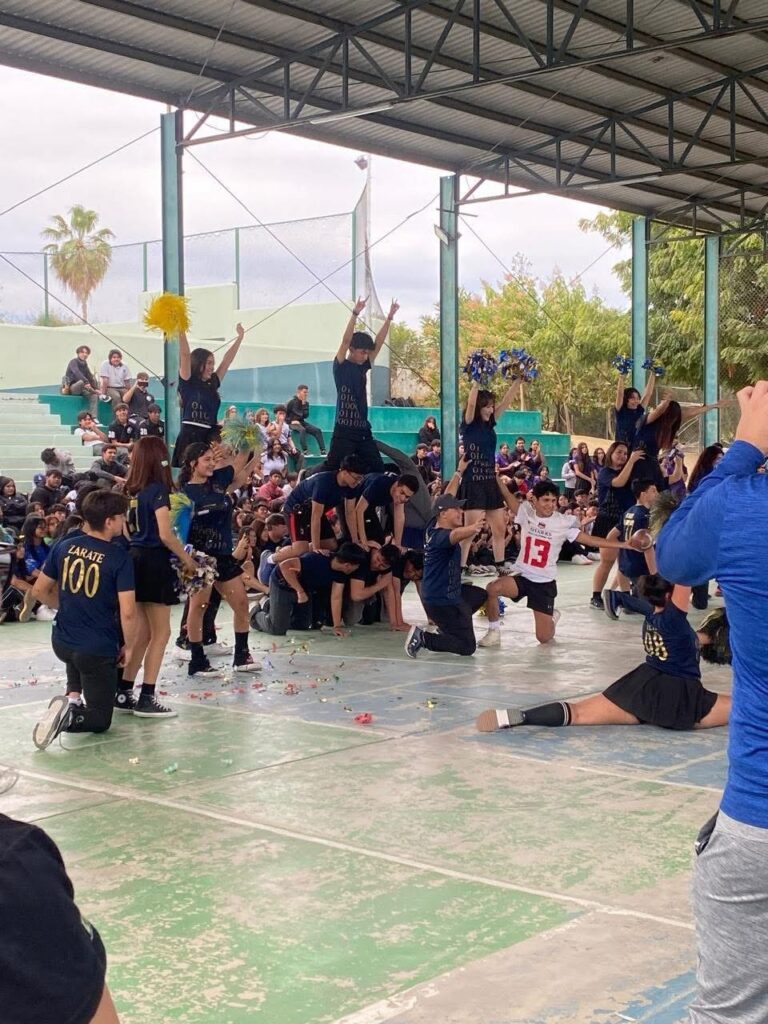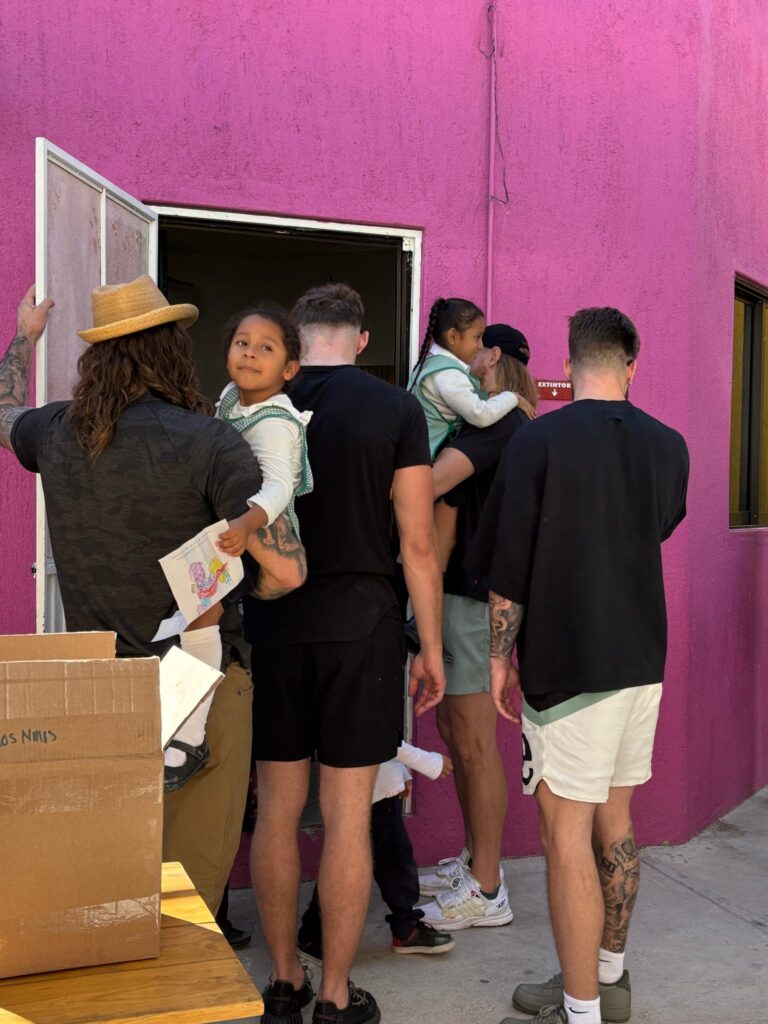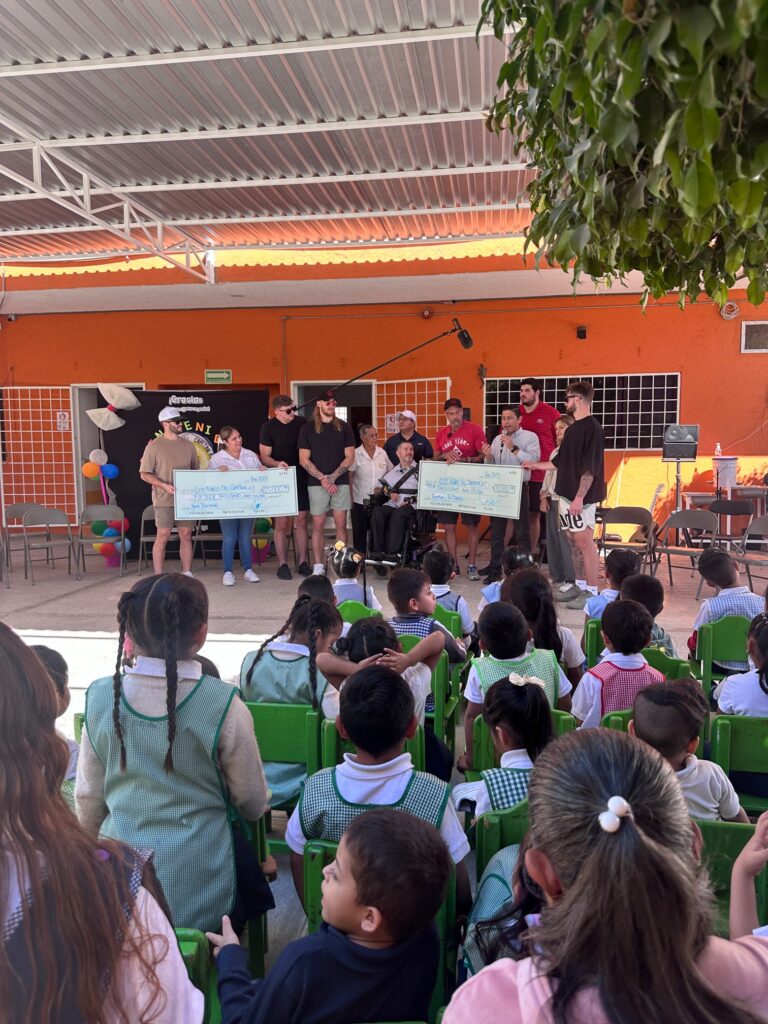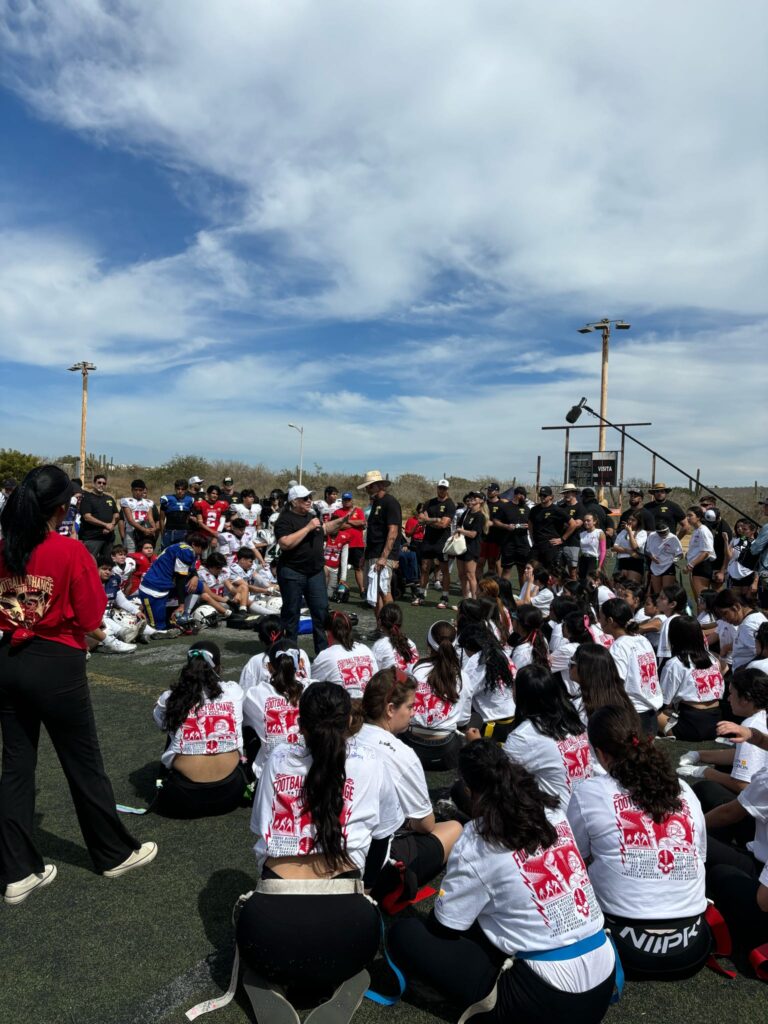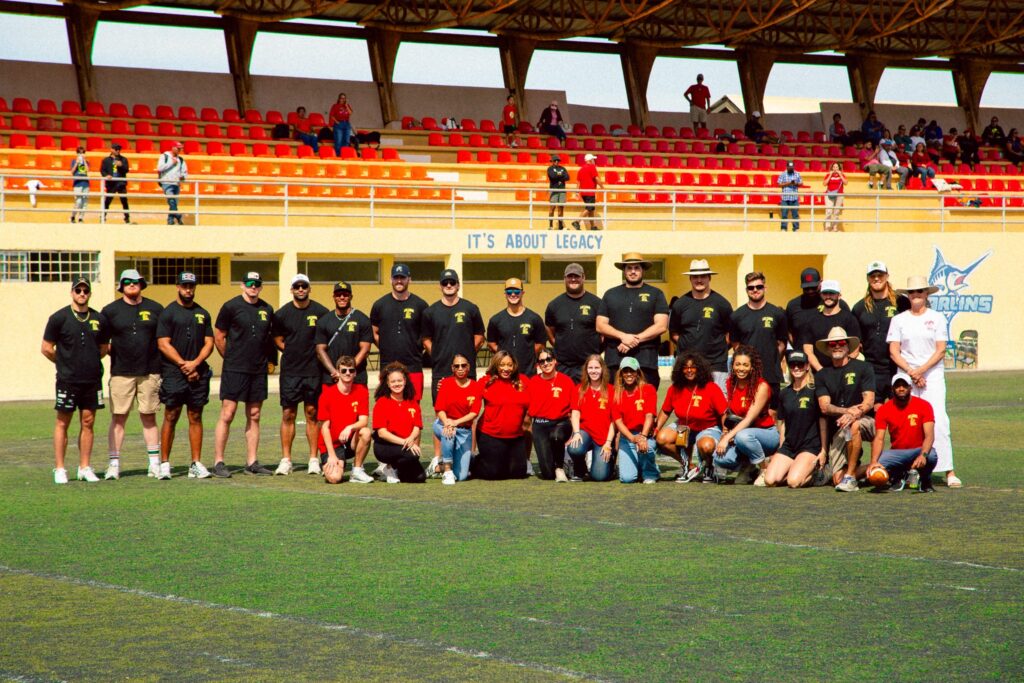Crouter Named Fellow of the National Academy of Kinesiology
Crouter Named Fellow of the National Academy of Kinesiology
Scott Crouter, professor of exercise physiology in the Department of Kinesiology, Recreation, and Sport Science (KRSS) at the University of Tennessee, Knoxville, has been named a Fellow of the National Academy of Kinesiology (NAK). He was inducted along with 10 U.S. and two international scholars during the Academy’s annual awards banquet and ceremony, held in September in Pittsburgh, Pennsylvania.
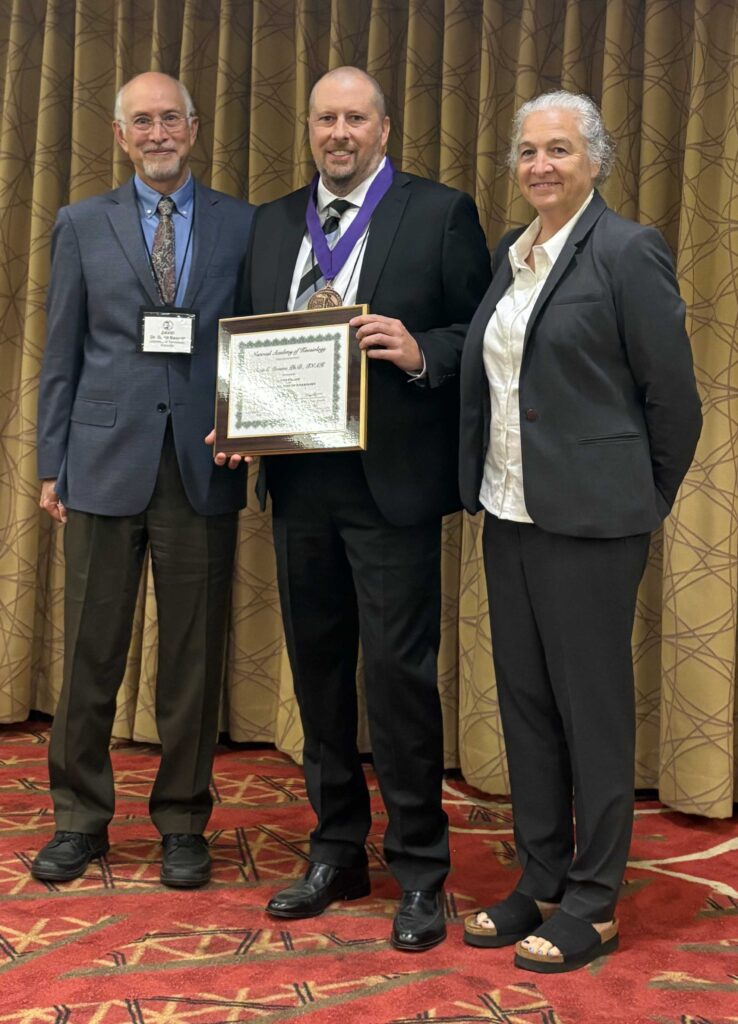
“Being inducted as a Fellow of NAK—and knowing there are only about 200 active members—is the highest honor,” said Crouter. “Unlike other awards that focus on a single area of work, NAK fellowship recognizes the cumulative impact of a career in teaching and research. I am proud to continue the legacy established by past Fellows and hope we can mentor future faculty toward this great honor.”
Crouter is the third KRSS faculty member to be named a Fellow in as many years, following Songning Zhang in 2024 and department head Zan Gao in 2023.
“The induction of three KRSS faculty members—Drs. Zan Gao, Songning Zhang, and Scott Crouter—as active Fellows of the National Academy of Kinesiology in three consecutive years is a powerful testament to the department’s academic distinction,” said Gao. “This prestigious recognition underscores the national influence of our faculty’s research and the collaborative culture that drives innovation, creativity, and scientific progress. KRSS proudly continues its tradition of representation in the Academy, following in the footsteps of esteemed former faculty such as Drs. Edward Howley, David Bassett, Craig Wrisberg, and Dixie Thompson. This ongoing recognition affirms KRSS’s standing as a national and global leader in advancing health, human performance, and education through research.”
NAK President Monica A.F. Lounsbery also welcomed Crouter to the Academy. “His leadership and scholarship exemplify the qualities we seek in Fellows—advancing knowledge, mentoring the next generation, and strengthening the future of kinesiology,” she said.
Crouter’s research focuses on the use of wearable devices to measure and promote physical activity. By collecting metabolic data and raw signals from research-grade devices, he develops algorithms that improve the accuracy of physical activity assessments. In short, his work helps make the wearable devices many people use every day more precise in guiding healthier lifestyles. Find out more about Crouter’s research here.
At UT, Crouter directs the Applied Physiology Laboratory and the Physical Activity Assessment Laboratory. He is also a Fellow of the American College of Sports Medicine, a founding editorial board member and associate editor of the Journal for the Measurement of Physical Behaviour, and an associate editor for Medicine and Science in Sports and Exercise.

